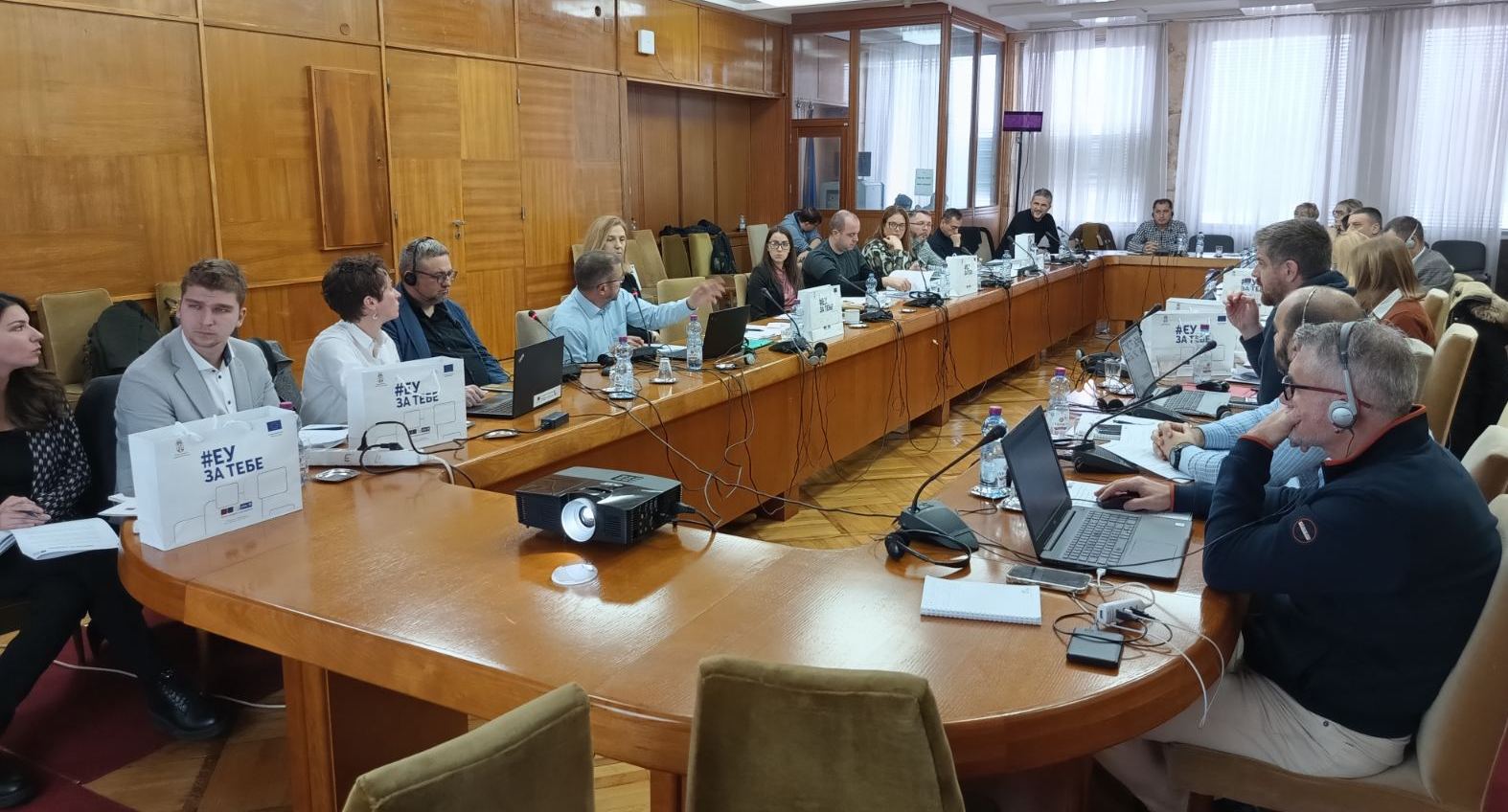The PLAC III project has provided support to the Ministry of Environmental Protection in alignment the legislative framework on wildlife trade with the latest changes of the Union acquis.
The country progress report of the European Commission (EC) for Serbia for 2022 states that alignment with the Union acquis in the field of nature protection is moderate. Institutional and human resource capacity at a national and local level remains weak, in particular as regards enforcement and wildlife trade.
Wildlife trade in Serbia has been regulated by the framework Law on Environmental Protection, Law on Nature Protection and relevant bylaws and other sectoral laws. Serbia ratified the Convention on International Trade in Endangered Species of Wild Fauna and Flora (CITES Convention) in 2001, and has progressively adopted national legislation in accordance with the basic provisions, thus providing for the implementation of the main provisions of the CITES Convention.
In particular, the amendments to the Law on Nature Protection and the Law on Environmental Protection in 2016 allowed for the implementation of CITES Convention and the Council Regulation (EC) No 338/97 on the protection of species of wild fauna and flora by regulating trade therein (the EU Wildlife Trade Regulation).
The Ministry of Environmental Protection (Group for implementation of the CITES Convention) is an authority competent for all tasks of the CITES Management Authority. Inspection for Environmental Protection within the Ministry of Environmental Protection performs controls and monitoring of the legality of ownership, breeding and domestic trade in specimens of protected species, as well as providing support to other agencies for border control and monitoring during controls of cross-border movement, where needed.
The national legislation has been aligned with the EU Wildlife Trade Regulation (EU WTR) except in the areas modified by the European Commission’s implementing regulations. Namely, amendments to the EU WTR are frequent, hence, the national legislation has to be updated in order to fully align all the amendments to the EU WTR.

The expert of the PLAC III project has worked together with the line ministry on the legal gap analysis as well as on the assessment of the institutional capacities necessary for the implementation of the requirements of the EU Regulation, as well as the drafting of changes to the legislative framework in order to achieve full compliance with the Regulation 338/97.
Project expert Robert Seelig presented a report on the legal gap analysis, as well as an assessment of institutional capacities at a workshop held in Belgrade on 14 December. He also presented a proposal of amendments the Law on Nature Protection, as well as a proposal to amend two existing by-laws. These are amendments to the Rulebook on Trans-boundary Movement and Trade in Protected Species, as well as amendments to the Rulebook on conditions for keeping, marking and recording wild animals in captivity, in accordance with the latest amendments to the EU Regulation on Wildlife Trade.
The workshop was attended by representatives of the Ministry of Environmental Protection.



